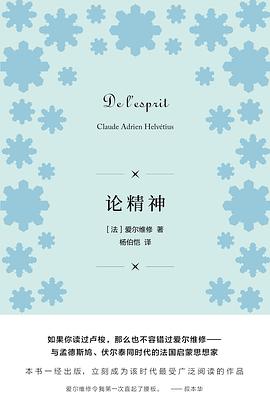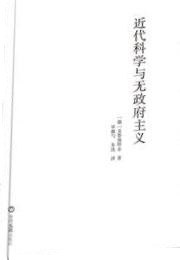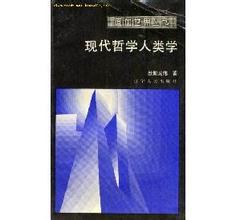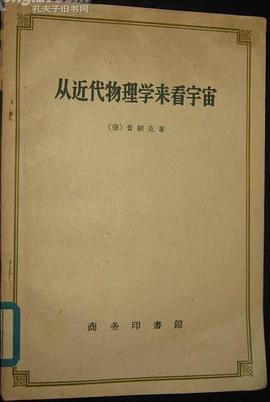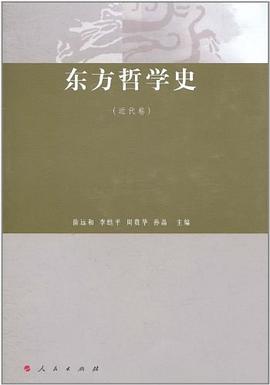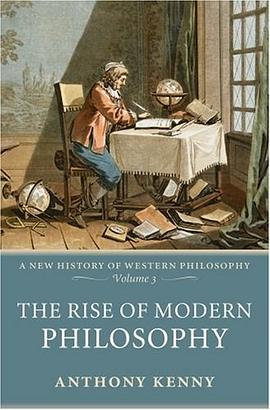
The Riddle of Hume's Treatise pdf epub mobi txt 电子书 下载 2025
- 宗教
- Hume
- 苏格兰启蒙运动
- 哲学
- 休谟
- hume
- David
- Hume
- Philosophy
- Thought
- Experiment
- Rationalism
- Epistemology
- Mind
- Science
- History of Ideas

具体描述
Although it is widely recognized that David Hume's A Treatise of Human Nature (1739-40) belongs among the greatest works of philosophy, there is little agreement about the correct way to interpret his fundamental intentions. It is an established orthodoxy among almost all commentators that skepticism and naturalism are the two dominant themes in this work. The difficulty has been, however, that Hume's skeptical arguments and commitments appear to undermine and discredit his naturalistic ambition to contribute to "the science of man". This schism appears to leave his entire project broken-backed.
The solution to this riddle depends on challenging another, closely related, point of orthodoxy: namely, that before Hume published the Treatise he removed almost all material concerned with problems of religion. Russell argues, contrary to this view, that irreligious aims and objectives are fundamental to the Treatise and account for its underlying unity and coherence. It is Hume's basic anti-Christian aims and objectives that serve to shape and direct both his skeptical and naturalistic commitments. When Hume's arguments are viewed from this perspective we can solve, not only puzzles arising from his discussion of various specific issues, we can also explain the intimate and intricate connections that hold his entire project together.
This "irreligious" interpretation provides a comprehensive fresh account of the nature of Hume's fundamental aims and ambitions in the Treatise. It also presents a radically different picture of the way in which HUme's project was rooted in the debates and controversies of his own time, placing the Treatise in an irreligious or anti-Chrisitan philosophical tradition that includes Hobbes, Spinoza and freethinking followers. Considered in these terms, Hume's Treatise constitutes the crowning achievement of the Radical Enlightenment.
作者简介
Paul Russell is a professor in Philosophy at the University of British Columbia, where he has been teaching since 1987.
He has been a research fellow at Sidney Sussex College, Cambridge (1984-86); a visiting assistant professor at the University of Virginia (1988); a Mellon Fellow and a visiting assistant professor at Stanford University (1989-90); a fellow of the Institute for Advanced Studies in the Humanities at Edinburgh University (1991 and 1996); visiting associate professor at the University of Pittsburgh (1996-97), and a visiting professor (Kenan Distinguished Visitor) at the University of North Carolina at Chapel Hill (2005).
His principal research interests include problems of free will and moral responsibility and the history of early modern philosophy (particularly David Hume).
He is the author of Freedom and Moral Sentiment: Hume's Way of Naturalizing Responsibility (Oxford University Press, 1995).
目录信息
读后感
评分
评分
评分
评分
用户评价
相关图书
本站所有内容均为互联网搜索引擎提供的公开搜索信息,本站不存储任何数据与内容,任何内容与数据均与本站无关,如有需要请联系相关搜索引擎包括但不限于百度,google,bing,sogou 等
© 2025 book.wenda123.org All Rights Reserved. 图书目录大全 版权所有


